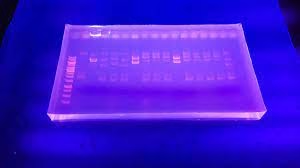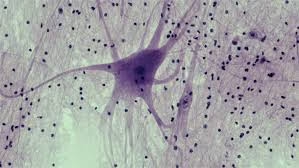
Introduction Electrophoresis is a laboratory technique used to separate charged molecules such as DNA, RNA, or proteins using an electric field. Molecules carry a net charge depending on their structure Read More ……..
Simplifying Allied Health Learning.

Introduction Electrophoresis is a laboratory technique used to separate charged molecules such as DNA, RNA, or proteins using an electric field. Molecules carry a net charge depending on their structure Read More ……..

Introduction Chromatography is an important biophysical technique that enables the separation, identification, and purification of the components of a mixture for qualitative and quantitative analysis. The Russian botanist Mikhail Tswett Read More ……..

Introduction The nervous tissue is composed of an interconnecting network of specialised cells called neurons (nerve cells) supported by neuroglial cells. There are about 10 million neurons in human beings. Read More ……..

Introduction Muscular tissue is responsible for movement in the body. It consists of muscle fibers that can contract to generate force. There are three types of muscle tissue: skeletal muscle, Read More ……..

General features of the histology of bones Bone is a specialised connective tissue enriched with inorganic salts, making it rigid and hard. It is dynamic and constantly remodels throughout life Read More ……..